Obata Shuzo's Commitment to Sustainability
Sake is a drink made from local rice and water and nurtured over a long history.
Furthermore, Sake is more than a drink—it’s a symbol of Japanese craftsmanship, community, and connection to nature. Now, UNESCO has recognized sake brewing as an Intangible Cultural Heritage, securing its place internationally. But climate change threatens this tradition, affecting rice cultivation, water sources, and brewing conditions.
But climate change threatens this tradition, affecting rice cultivation, water sources, and brewing conditions.
These are the times we live in, Obata Shuzo aims to contribute to the realization of a sustainable regional future through sake brewing by promoting decarbonization efforts and addressing environmental and social issues.
【Obata Shuzo's Initiatives】
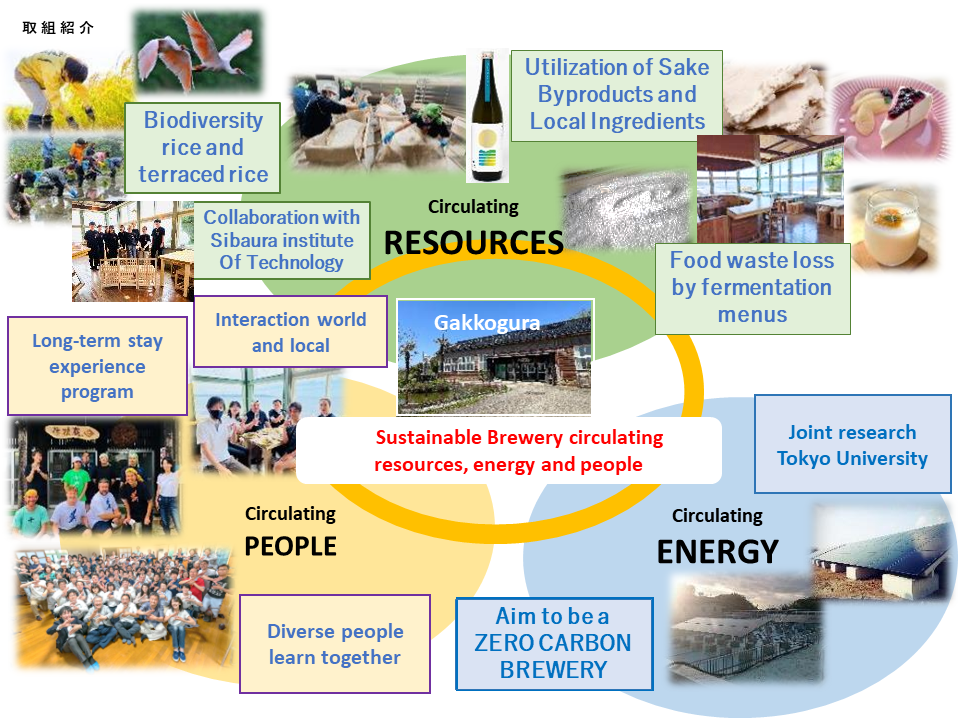
Sake is brewed by local people using local rice and water. Sado Island, where our brewery is located, is an island where the endangered Toki (Japanese Ibis) has been restored and more than 500 TOKI now soar in the sky. We at Obata Shuzo are committed to the following initiatives.
【Obata Shuzo’s Principle】
“幸醸心(Kojou-shin)” is the word which consists of Happiness, Brewing and Heart.
We work with a “Koujo-shin” spirit.
We think and act so that making and delivering sake will bring happiness to people who buy and drink sake,
We think and act in a way that will lead to the happiness of not only our customers, but also our colleagues, business partners, and local communities,
Through sake brewing, we aim to create a lot of happiness.
◆Theme 1◆
Brewing happiness for the Sake enthusiasts
We of course continue to explore the creation of delicious sake with superior quality, in addition, we will continue our quest to make sake that is not only delicious and of high quality, but also tastes good to the drinker, taking the environment surrounding the local resouces and the energy of the brewing process as elements of deliciousness.
We brew sake with Sado rice, which is grown with less pesticides and chemical fertilizers on a remote island, a natural clean room with no pollution from outside the region, in order to coexist with Toki (Japanese ibis).
By brewing sake using rice grown in terraced rice paddies with a history of 400 years, we are helping to sustain the terraced rice paddies through the consumption of our sake.
Sake brewing at the Gakko Gura, an abandoned school that was converted into a sake brewery, is powered by natural renewable energy through solar panels. We will continue to contribute to the realization of a decarbonized society through sake brewing.
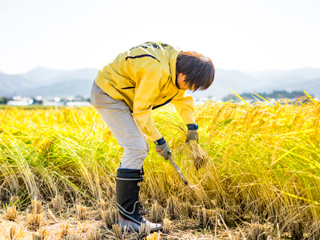
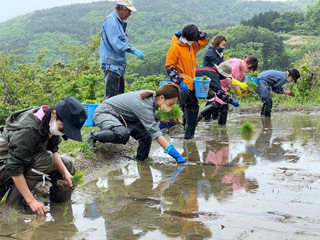
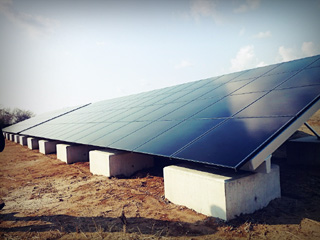
◆Theme 2◆
Brewing happiness for brewers
We create a healthy and positive working environment by protecting health through various health checkups and influenza vaccinations, and by introducing a system to improve brewing skills, such as enrollment in the Niigata Sake Brewery School. Of our total staff, 58% are women, and we have experience in hiring foreign staff.
We promote excellent human resources regardless of gender or nationality, and also offer various employment options that allow for individual work-life balance.
◆Theme 3◆
Brewing Happiness for Our Clients
Brewing sake is not something that can be done by our company alone.
Our business is built on “collaboration” with distributors, retailer, restaurants and other people that supply our sake. We also collaborate with local produces to develop confectionery using not only sake but also sake by-product, sake lees. We also share information and learn from each other with our overseas partners. We are always conscious of the spirit of gratitude and fair trade in our efforts.
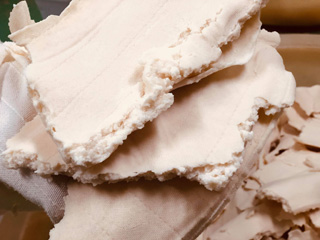
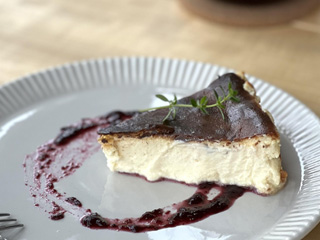
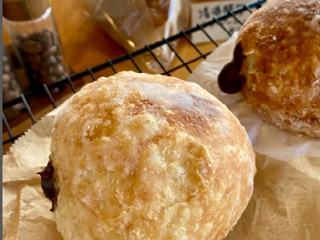
◆Theme 4◆
Brewing Happiness in the community
The region brew sake and Sake tell the region. By brewing sake that is rooted in the community, we will protect the local environment and communicate the community.
We also believe that the role of a sake brewery is not limited to brewing sake, but also has a broad role in nurturing the next generation of local human resources and increasing the number of people involved in the community.
We support local rice cultivation through the use of “Toki to Kurasu Sato Tsukuri Certified Rice,” terraced rice paddies with a 400-year history, and the challenge of using Yamada Nishiki produced on Sado Island. In the future, we aim to develop a new variety of sake rice. In addition, to preserve Sado's rich food culture, we are developing sake pairings with Sado's local products.
At the Gakkogura, which has been reconstructed as a sake brewery from a closed elementary school, we serve a sake learning program, 1 week sake brewing program and have been accepting more than 150 participants from around the world. We also hold “special classes at Gakkogura,” workshops where a diverse range of people can learn, including local high school students.
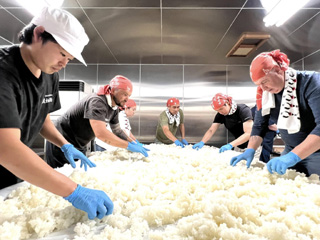
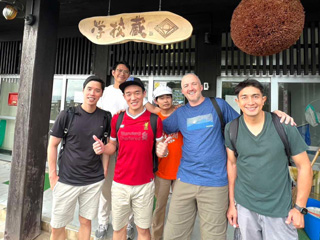
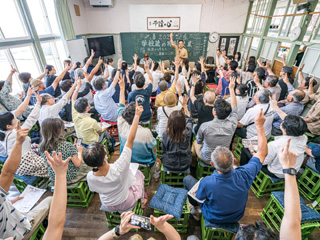
We are currently working with the Institute for future initiatives Tokyo University and other global carbon accounting and decarbonization platform providers to achieve greater sustainability.
Let’s create a happier future society through sake brewing !